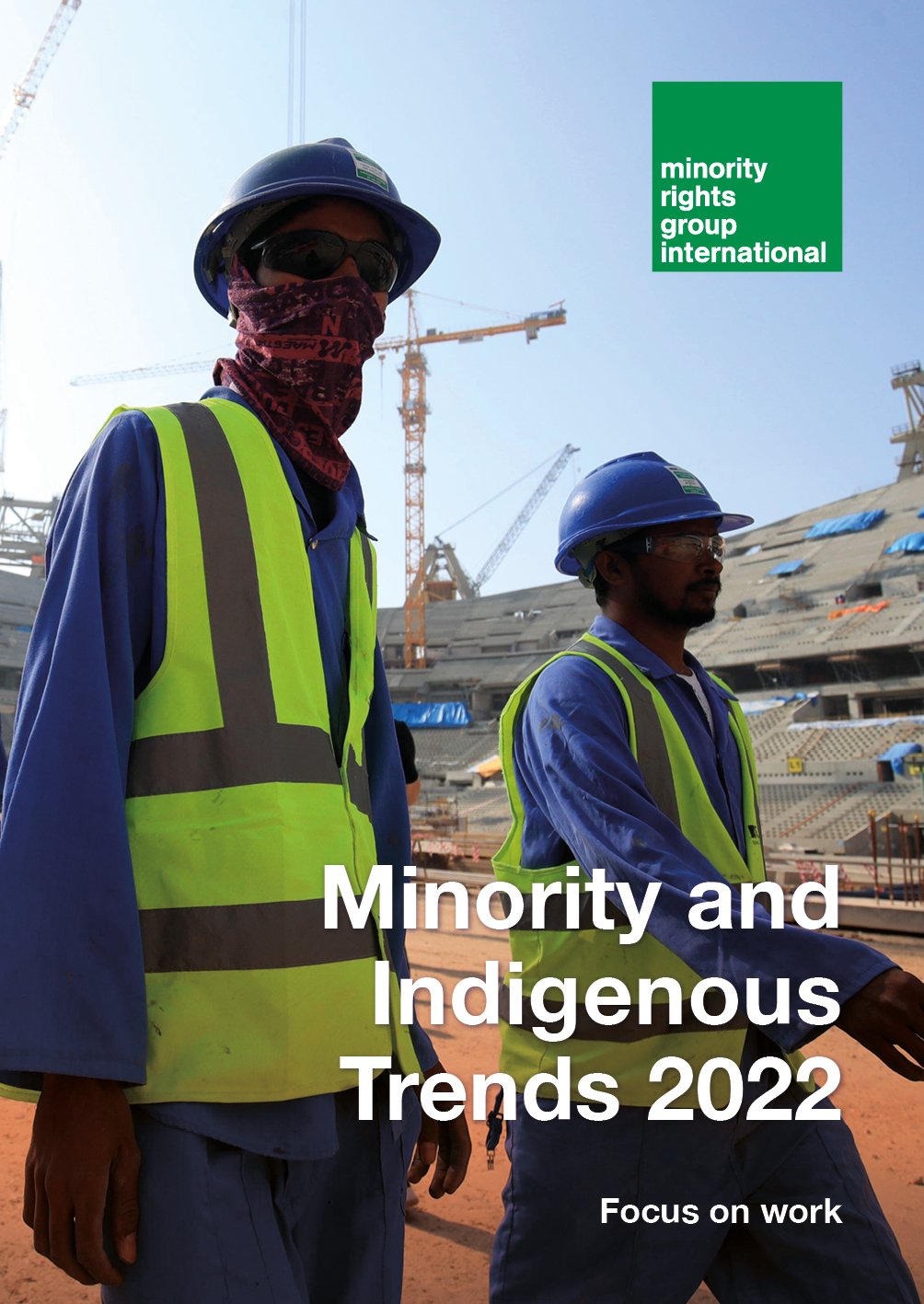
Minority and Indigenous Trends 2022 – Focus on Work
Work is central to a whole host of other rights, providing the basis for a safe, healthy and dignified existence. For members of minorities, indigenous peoples and other marginalized groups such as migrants, however, it is all too often an arena of discrimination, abuse and exploitation. From poor pay and dangerous working conditions to a lack of basic labour protections and barriers to promotion, the challenges they face are wide ranging and often entangled in other areas of inequality, such as access to education.
This volume brings together thematic chapters and case studies that explore different dimensions of work-related exclusion, from the legacy of colonialism in today’s economy to the persistence of slavery and caste-based discrimination. While abuse and exploitation are often rooted in specific local histories and social contexts, the increasingly interlinked nature of globalization has meant that companies, governments and consumers are now complicit in forced labour and other rights violations taking place elsewhere.
A truly fair and inclusive labour market would deliver a wide range of economic and societal benefits, creating opportunities for marginalized workers to participate fully in the formal economy with the same rights, protections and support as those enjoyed by others, guaranteed by international law. Beyond this, however, it has the potential to deliver lasting change to the situation of minorities, indigenous peoples and migrants worldwide, ensuring they receive a proper share of any economic gains in their countries and can participate fully in public life.

